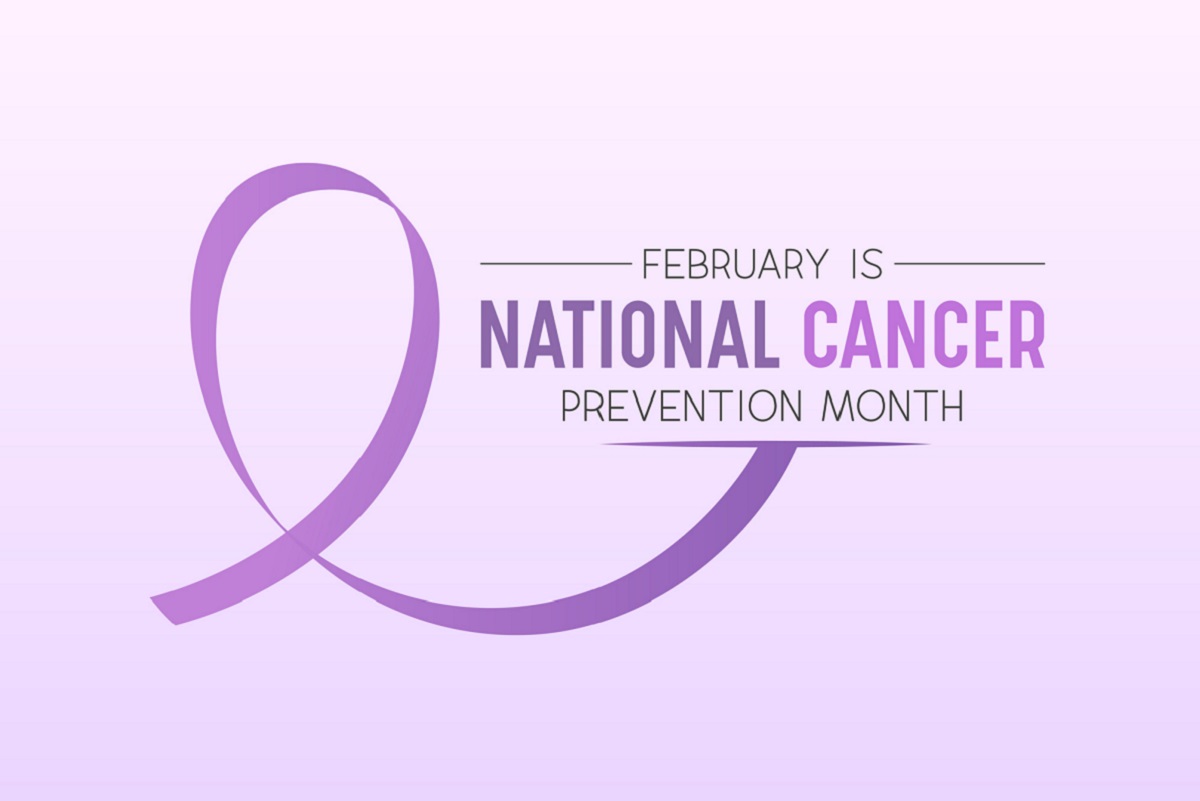February is National Cancer Prevention Month, a time to raise awareness about reducing cancer risk and promoting healthier lifestyles. While not all cancers can be prevented, up to 50% of cancer cases are linked to preventable factors such as smoking, poor diet, and lack of physical activity. Taking proactive steps today can help protect your health for years to come.
How to Reduce Your Cancer Risk
Prioritize Preventive Screenings
Early detection saves lives. Regular screenings can catch cancer in its earliest, most treatable stages. Talk to your doctor about screenings for:
- Breast cancer – Mammograms starting at age 40 (or earlier for high-risk individuals)
- Colorectal cancer – Colonoscopies beginning at age 45
- Cervical cancer – Pap smears and HPV testing
- Lung cancer – Low-dose CT scans for high-risk individuals, such as longtime smokers
Quit Smoking and Avoid Tobacco
Tobacco use is the leading cause of preventable cancer deaths. If you smoke, quitting now greatly reduces your risk—not just for lung cancer, but for many other types, including throat, pancreas, and bladder cancer. There are resources and support programs available to help you quit.
Eat a Cancer-Fighting Diet
A healthy diet can play a significant role in cancer prevention. Focus on:
- More plant-based foods – Fruits, vegetables, whole grains, and legumes provide antioxidants that help protect cells.
- Healthy fats – Omega-3 fatty acids found in fish, nuts, and seeds may reduce inflammation.
- Less processed and red meats – Studies link high consumption of these foods to increased cancer risk.
Stay Active and Maintain a Healthy Weight
Regular exercise not only improves overall health but also lowers the risk of several types of cancer, including breast, colon, and endometrial cancer. The American Cancer Society recommends at least 150-300 minutes of moderate exercise per week. Simple ways to stay active include:
- Walking, cycling, or swimming
- Strength training or yoga
- Recreational sports or outdoor activities
Protect Your Skin
Skin cancer is one of the most preventable cancers. Reduce your risk by:
- Wearing sunscreen daily (SPF 30 or higher)
- Avoiding peak sun exposure between 10:00 a.m.– 4:00 p.m.
- Skipping tanning beds, which significantly increase melanoma risk
Limit Alcohol Consumption
Drinking alcohol in excess is linked to cancers of the mouth, throat, liver, colon, and breast. The American Cancer Society recommends limiting alcohol to:
- No more than one drink per day for women
- No more than two drinks per day for men
Know Your Family History
Some cancers have a genetic component, meaning they can run in families. If cancer is common in your family, talk to your doctor about genetic testing and personalized screening plans.
Take Charge of Your Health
Cancer prevention starts with everyday choices. Small lifestyle changes can make a big difference in reducing risk and improving long-term health.

